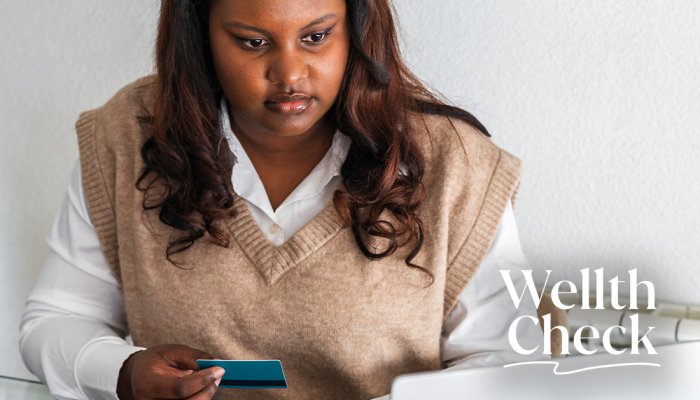

Truth is, all debt should be managed carefully and monitored. “Even ‘good’ debt can become bad if you have more than you can pay off,” says Eldridge.
You want the lowest interest rates possible on any debt and to pay it off as quickly as possible.
Be savvy about debt. “You need to really evaluate costs. If you are buying something on 12 months at 0% then it goes up to 18%, can you pay it off in the 12 months?” asks Gina Knox, CEO and financial coach and Gina Knox Coaching.
If you can’t pay it off within the 12 months, you’re not getting the great deal you think you are. When the interest rate switches to 18% can you say that cost will be worth it? “This is the type of question you want to answer prior to buying,” says Knox.
You won’t go too far astray if you stick to this rule. “Before you take on debt, whether good or bad, first have a positive cash flow from your current income,” advises Raymond Quisumbing, a registered financial planner at BizReport.
Secondly, save a decent amount of money to serve as your emergency fund (equal to at least six to twelve months’ worth of monthly expenses), only then should you consider borrowing and it should be for good debt.
Stephen Chang, managing director at Acts Financial Advisors also says before undertaking any type of debt to do a bit of soul searching. “Do a needs versus wants analysis. Evaluate where the purchase falls within that rubric,” he says.
If it’s a want that you can’t really afford, vow to start saving up for it instead.








